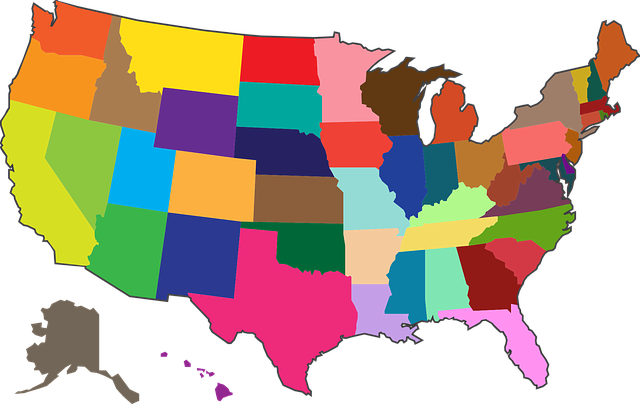West Virginia residents can reduce unwanted telemarketing calls by registering on the state's Do Not Call List through online or mail submission to the Division of Labor and Industry. Caller ID spoofing, a growing concern, bypasses protection, necessitating stricter regulations. Parkersburg advocates for legislation promoting transparent and accountable caller IDs. Specialized Do Not Call Attorneys in West Virginia offer legal aid, filing complaints and pursuing class-action lawsuits against nuisance callers, enforcing FCC laws.
Parkersburg, West Virginia, is taking a stand against unwanted and deceptive phone calls through its advocacy for stricter caller ID regulations. With an increasing number of ‘nuisance’ or fraudulent calls, including those on the state’s Do Not Call list, residents are demanding action. This article explores Parkersburg’s campaign, delving into the issues of caller ID spoofing and the legal strategies to combat these persistent problems. For West Virginia residents seeking relief, understanding these measures is crucial, especially when consulting a Do Not Call Attorney in the state.
Understanding the Do Not Call List in West Virginia
In West Virginia, residents have the option to register their phone numbers on the state’s Do Not Call List. This list is a powerful tool for consumers to curb unwanted telemarketing calls. The process is straightforward; individuals can submit their information online or by mail to the West Virginia Division of Labor and Industry. Once registered, businesses are prohibited from making telemarketing calls to these numbers, offering a significant level of protection against intrusive sales pitches.
For those seeking legal assistance in navigating this process or fighting against persistent violators, consulting a Do Not Call Attorney West Virginia is advisable. These attorneys specialize in consumer rights and can guide individuals through their options, ensuring their numbers are protected effectively. They can also take action against companies that disregard the state’s regulations, helping to maintain a peaceful and less disruptive communication environment for all West Virginian residents.
The Problem with Caller ID Spoofing
Caller ID spoofing, a deceptive practice that involves falsifying or hiding the caller’s identity, has become an increasingly prevalent issue in today’s digital age. This fraudulent activity allows individuals to disguise their numbers and present false information when placing calls, making it nearly impossible for recipients to verify the source. In West Virginia, where many residents rely on Do Not Call attorney services to protect themselves from unwanted telemarketing calls, spoofing poses a significant challenge.
When a caller’s ID is spoofed, it not only violates the privacy and security of individuals but also undermines the effectiveness of existing regulations. This practice enables scammers and telemarketers to bypass consumer protections, leading to more frequent and convincing fraudulent calls. With advanced technology making it easier than ever to replicate phone numbers, the problem of caller ID spoofing demands immediate attention from authorities to ensure that West Virginia residents remain safe and protected from these deceptive practices.
Parkersburg's Campaign for Stricter Regulations
Parkersburg, a city in West Virginia, has been at the forefront of a growing movement advocating for stricter caller ID regulations. The campaign aims to combat the relentless phone scams that have become an increasingly prevalent nuisance for residents. With the rise of sophisticated technology, scammers are finding new ways to disguise their identities, making it easier than ever to deceive unsuspecting victims.
In response, local advocates, including Do Not Call Attorney West Virginia, are pushing for legislation that would enhance transparency and accountability in phone calls. Their goal is to empower citizens by ensuring that caller ID systems provide accurate and verifiable information. By implementing stricter regulations, Parkersburg aims to reduce the impact of fraud and protect its residents from potential harm.
Legal Strategies to Combat Nuisance Calls
In the ongoing battle against nuisance calls, legal strategies play a pivotal role in advocating for stricter regulations. West Virginia residents facing relentless phone harassment from unknown sources can find recourse through specialized legal aid, particularly with the assistance of a Do Not Call Attorney. These attorneys are equipped to navigate complex laws and regulations aimed at mitigating unwanted telephone communications.
One effective approach involves filing complaints with relevant authorities, using evidence gathered during the nuisance calls to build a strong case. Legal actions may lead to fines for violators, deterring similar behavior in the future. Additionally, consumers can explore class-action lawsuits if numerous individuals have been affected, collectively seeking compensation and stronger enforcement of Do Not Call laws, such as those implemented by the Federal Communications Commission (FCC) in West Virginia.






